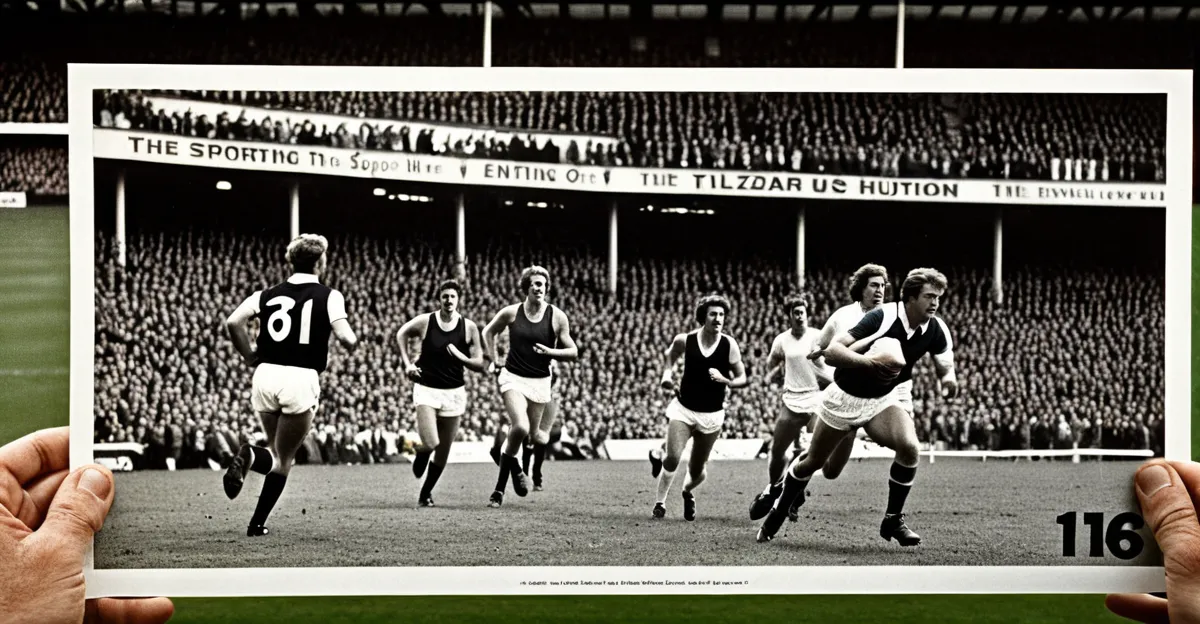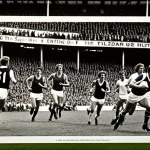The Evolution of Sports in the UK: Foundations and Milestones
The rich UK sports history finds its roots in the early development and codification of several major sports. Football, cricket, rugby, and tennis, for example, underwent significant formalization during the 19th century, with standardized rules emerging to unify play across regions. The origins of British sports often trace back to informal rural games gradually shaped by educational institutions such as public schools, which played a vital role in structuring these activities into competitive formats. This codification was essential to transform local pastimes into the organized sports recognizable today.
Historical milestones in UK sports include landmark events like the establishment of the Football Association in 1863, which marked a turning point with standardized football rules, and the founding of Wimbledon in 1877 as the first major tennis tournament. These milestones illustrate how Britain’s contribution to sport transcended national borders, setting templates followed worldwide. Moreover, foundational figures such as Ebenezer Cobb Morley, who helped draft the original football laws, were instrumental in shaping the early athletic culture of the UK.
Additional reading : How do UK sports impact the tourism industry?
Social and political factors heavily influenced the emergence of sports in the UK. During the Industrial Revolution, urbanization created a working-class population eager for leisure and sport, prompting the rise of clubs and spectator culture. Additionally, the British Empire’s global reach facilitated the international spread of these sports, embedding British athletic culture globally. Thus, the evolution of sports in the UK intertwines with broader societal changes, reflecting the dynamic relationship between sport, class, and national identity.
Pioneering Legends: Influencers Who Defined an Era
In the annals of UK sports history, certain figures stand out as transformative icons whose achievements shaped not only their disciplines but also the broader cultural landscape. Among these UK sports legends, Bobby Charlton emerges prominently. His extraordinary career in football, highlighted by his pivotal role in England’s 1966 World Cup victory, established him as a symbol of talent and resilience. Charlton’s leadership and skill defined a generation, helping to elevate UK football on the international stage.
Topic to read : What are the Key Strategies for Successful Youth Development in UK Sports?
Similarly, Daley Thompson’s impact on athletics was profound. As a two-time Olympic decathlon champion, Thompson exemplified versatility and endurance, setting new standards in British track and field. His success during the late 1970s and 1980s revitalized public interest, inspiring a surge of youth participation and enhancing the profile of British athletics globally. Mary Peters is another key sporting figure whose achievements transcended mere competition. Her gold medal in the 1972 Olympic pentathlon not only marked a historical milestone but also challenged prevailing gender norms, encouraging greater inclusion of women in UK sports.
These historical milestones in UK sports reflect more than individual excellence. They illustrate how foundational figures contributed to evolving UK athletic culture by embodying qualities admired nationwide—determination, innovation, and national pride. Their career achievements forged a link between sports and society, fostering a legacy that persists through the actions of modern British athletes. The contributions of these pioneers were instrumental in transforming their sports into cornerstones of UK identity and global reputation.






